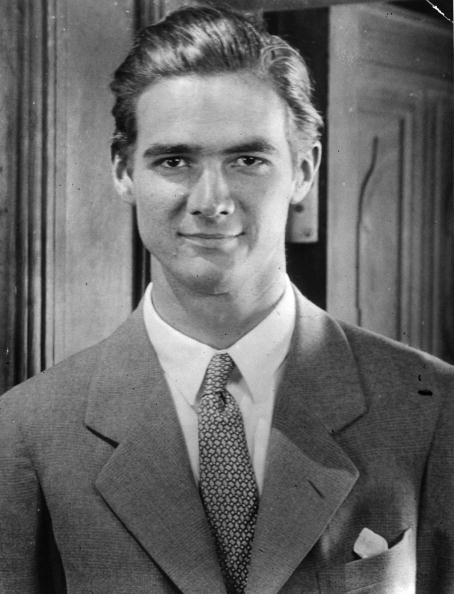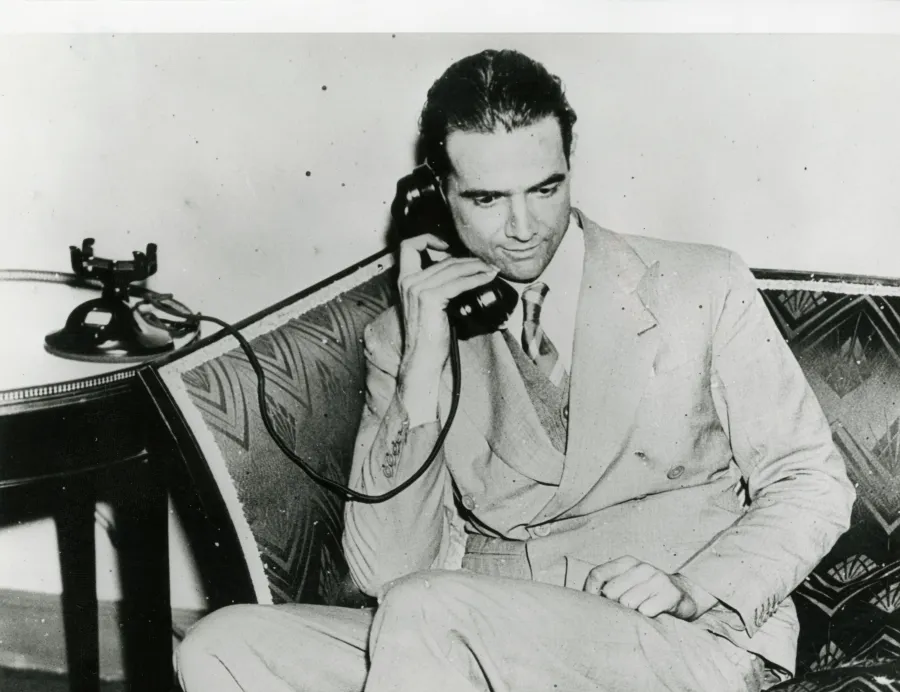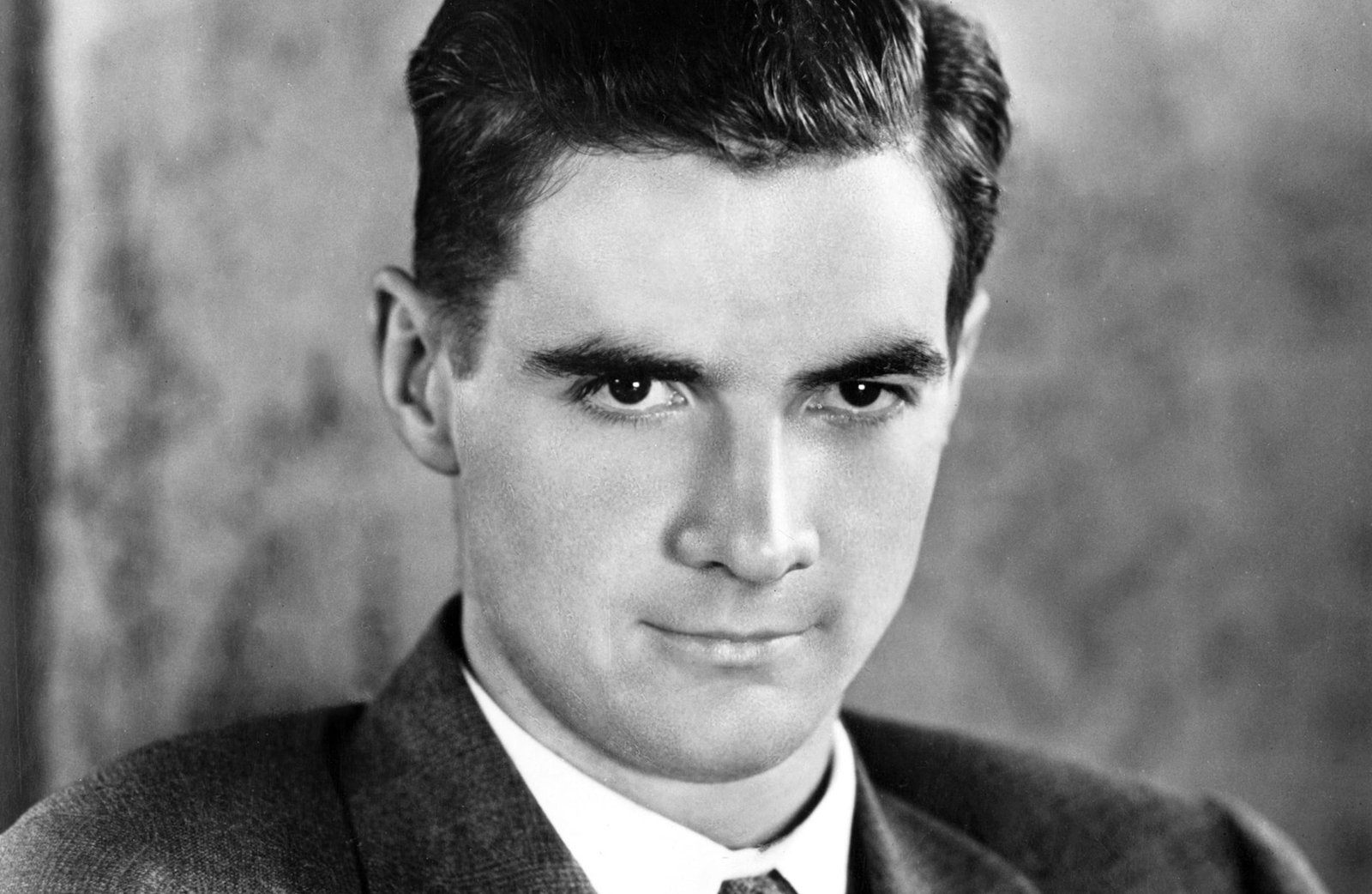Howard Hughes: The Remarkable Life Of A Visionary Tycoon
- Category:
- Richest Business › Richest Billionaires
- Net Worth:
- $11 Billion (adjusted for inflation)
- Birthdate:
- Dec 24, 1905 - Apr 5, 1976 (70 years old)
- Birthplace:
- Houston, Texas
- Gender:
- Male
- Height:
- 6 ft 3 in (1.92 m)
- Profession:
- Entrepreneur, Engineer, Pilot, Investor, Film Producer, Film Director, Philanthropist, Inventor
- Nationality:
- United States of America
How Wealthy Was Howard Hughes?
Let me tell you about Howard Hughes, a true American legend. At the time of his death in 1976, his net worth was estimated at $2.5 billion, which translates to a staggering $11 billion in today’s dollars. This fortune wasn’t built overnight; Hughes inherited wealth from his father but turned it into an empire through sheer determination and vision. He dabbled in so many industries, from filmmaking to aviation, and even set world records as a pilot. Early in his career, he directed and produced hit films like "The Outlaw," "Scarface," and "Hell's Angels." These films weren’t just any projects—they were massive undertakings that showcased his passion for innovation and perfection. For instance, "Hell's Angels" was so ambitious that it almost bankrupted him, but it also cemented his reputation as a fearless risk-taker.
But Howard wasn’t just about Hollywood glitz and glamour. He was an aviation pioneer who set world records and founded companies like Hughes Aircraft Company, Hughes Helicopters Division, and Hughes Aerospace Group. He even took over Trans World Airlines (TWA) in 1939 and revolutionized air travel. His impact on the aviation industry was monumental, but his personal life was just as fascinating. Hughes was known for his extravagant lifestyle, but later in life, he became increasingly reclusive, which only added to his mystique.
The Great Estate Battle
When Howard Hughes passed away, he left behind an estate worth $2.5 billion, equivalent to $11 billion today. You’d think that kind of money would make things straightforward, right? Wrong. Over 400 people came forward claiming to be part of his will. There were all kinds of crazy stories—like one guy who claimed he drove a disheveled Hughes back to the Desert Inn one night and was supposedly promised $150 million. Even the Mormon Church got involved, claiming a significant stake in his fortune. After years of lawsuits and drama, a judge eventually ruled that Hughes died without a valid will. As a result, his massive fortune was divided among 22 cousins. It’s wild to think about how much chaos followed the death of such a brilliant yet enigmatic man.
Read also:Famous Dutch Lawyers From Spotlight To Controversy
Hughes’ Lasting Impact
Even though Howard Hughes is no longer with us, his legacy lives on in incredible ways. One of his most enduring contributions is the Howard Hughes Medical Institute (HHMI), which he founded in 1953. This institute has become one of the largest private foundations in the world, dedicated to advancing medical and biological research. In fact, HHMI’s endowment today stands at a whopping $17 billion. That’s a pretty impressive legacy, don’t you think?
However, Hughes’ life wasn’t all success and fortune. Toward the end, he battled severe mental health issues, including obsessive-compulsive disorder (OCD). He became so reclusive that he would lock himself away for months at a time, watching movies and living on nothing but chocolate and milk. His addiction to codeine only made things worse, and by the time he passed away, his physical condition was dire. When authorities found him, they weren’t even sure it was him at first because his appearance had deteriorated so much. At just 90 pounds, Hughes had suffered greatly in his final years, but his brilliance and achievements will never be forgotten.
Growing Up: Hughes’ Early Years
Howard Hughes was born on Christmas Eve in 1905 in Houston, Texas, to a family of inventors and entrepreneurs. From a very young age, it was clear that Hughes had a mind for innovation. At just 11 years old, he built a wireless radio transmitter, and by 12, he had constructed a bicycle using parts from his father’s steam engine. His love for aviation started early too—he took his first flying lesson at the age of 14. Education was important to Hughes, and he attended prestigious schools like Fessenden School in Massachusetts and Thacher School in California. Later, he studied math and aeronautical engineering at Caltech, laying the foundation for his future success.
Tragedy struck early in Hughes’ life when his mother passed away in 1922 from an ectopic pregnancy, followed by his father’s death from a heart attack just two years later. These losses left a profound impact on him, and at just 17, he became an emancipated minor, inheriting 75% of his family’s fortune. This early inheritance set the stage for the incredible journey he would embark upon.
From Screen to Stardom: Hughes’ Hollywood Career
Hughes first dipped his toes into the film industry in 1926 with the short comedy "Swell Hogan," but it ended up being a total flop. Undeterred, he quickly bounced back with two successful films, "Everybody’s Acting" and "Two Arabian Knights." His big break came in 1928 with "The Racket," which earned critical acclaim. In 1930, Hughes made his directorial debut with the epic war film "Hell's Angels," a project that cost him millions but paid off in terms of prestige. Despite its high budget, the film didn’t recoup its costs, but it solidified Hughes’ reputation as a daring filmmaker.
In 1948, Hughes took control of the struggling Hollywood studio RKO Pictures. Unfortunately, his tenure there wasn’t exactly smooth sailing. Production slowed down dramatically, and tensions rose when Hughes demanded investigations into the political affiliations of studio employees. Eventually, he sold RKO to the General Tire and Rubber Company after facing allegations of corporate mismanagement. While his time at RKO was fraught with challenges, Hughes’ impact on the film industry remains undeniable.
Read also:Discover The Hottest Celeb Couples A Fun Journey Through Stardom

Taking Flight: Hughes’ Aviation Adventures
Hughes wasn’t content with just dominating Hollywood—he had his sights set on the skies. In 1932, he founded the Hughes Aircraft Company, a division of the Hughes Tool Company. During and after World War II, he transformed this company into a major defense contractor, creating divisions like Hughes Helicopters and Hughes Aerospace Group. Throughout the 1930s and 1940s, Hughes set numerous world airspeed records, including a new record for the fastest flight around the globe in 91 hours. For this achievement, he and his crew were awarded the prestigious Collier Trophy and Harmon Trophy.
Of course, being a daredevil pilot came with risks. Hughes survived multiple crashes, including one during the filming of "Hell's Angels" and another while setting an airspeed record. In 1946, a near-fatal crash in Beverly Hills left him with severe injuries, including cracked ribs, burns, and a collapsed lung. During his recovery, Hughes designed a revolutionary hospital bed that became the prototype for modern hospital beds. His contributions to aviation weren’t just about speed and records—they were about innovation and pushing boundaries.

Soaring High: Hughes’ Airline Ventures
Hughes’ love for aviation extended beyond building planes—he also wanted to revolutionize air travel. In 1939, he began purchasing shares of Transcontinental & Western Airlines (TWA), eventually gaining controlling interest. Under his leadership, TWA made history with its record-breaking $18 million order of 40 Lockheed Constellation airliners, one of the best-performing commercial aircraft of the time. Hughes helped usher in an era of nonstop transcontinental flights, transforming air travel forever.
However, his time at TWA wasn’t without its challenges. Financial struggles and disagreements with board members, including Noah Dietrich, eventually led to Hughes being forced out of management in 1960. By 1966, he had to sell his shares. Despite this setback, Hughes continued to expand his aviation empire. In 1962, he acquired Northeast Airlines and sold it two years later. Then, in 1970, he purchased Air West and renamed it Hughes Airwest. This company eventually merged with Republic Airlines, which later became part of Northwest Airlines and, eventually, Delta Air Lines.

Building an Empire: Hughes’ Real Estate Ventures
Hughes wasn’t just a tycoon of the skies—he was also a real estate mogul. Over the years, he amassed a massive portfolio of properties, including 1,200 acres in Culver City, 4,480 acres in Tucson, and 25,000 acres just outside Las Vegas. Later in life, he poured an estimated $300 million into expanding his financial empire, acquiring hotels, casinos, and media outlets in the Las Vegas area. Some of his most iconic properties included the Desert Inn, the Sands, the Silver Slipper, the Landmark, and the Castaways. His real estate ventures were yet another testament to his ambition and vision.
Love and Romance: Hughes’ Personal Life
When it came to relationships, Hughes was surrounded by some of the most beautiful and talented women of his time. He dated famous actresses like Joan Crawford, Katharine Hepburn, Bette Davis, Gene Tierney, Janet Leigh, Ginger Rogers, Olivia de Havilland, Ava Gardner, and Hedy Lamarr. He even tied the knot twice—first with Ella Botts Rice in 1925, whom he divorced in 1929, and later with actress Jean Peters, whom he married in 1957 and divorced in 1971. Despite his charm and success, Hughes’ personal life was as complex as his business ventures.
The Final Chapter: Hughes’ Later Years and Legacy
As the years went by, Hughes’ mental health began to decline. He struggled with obsessive-compulsive disorder (OCD) and unpredictable mood swings, leading him to become increasingly reclusive. By the late 1950s, he had retreated into a darkened screening room, where he stayed for over four months without leaving. Later, he moved into a room at the Beverly Hills Hotel, where he spent his days watching movies. His addiction to codeine only worsened his condition, and he became increasingly isolated.
Hughes’ final years were spent moving between hotels in cities like Boston, Freeport, and Vancouver, staying out of the public eye. In 1976, he passed away aboard a plane en route to a Houston hospital. An autopsy revealed that kidney failure was the cause of his death. At the age of 70, Hughes left behind a legacy that continues to inspire. The Howard Hughes Medical Institute, which he founded in 1953, remains one of the largest private foundations in the world, dedicated to advancing medical and biological research. Even today, Hughes remains a captivating figure in pop culture, inspiring countless films, TV shows, books, and songs. His life was a rollercoaster of triumphs and tragedies, but his impact on the world will never be forgotten.
Juicy J: The Rapper, Producer, And Entrepreneur
Peter Frampton: A Rock Legend's Journey
Nick Diaz: A Closer Look At The Renowned MMA Fighter


